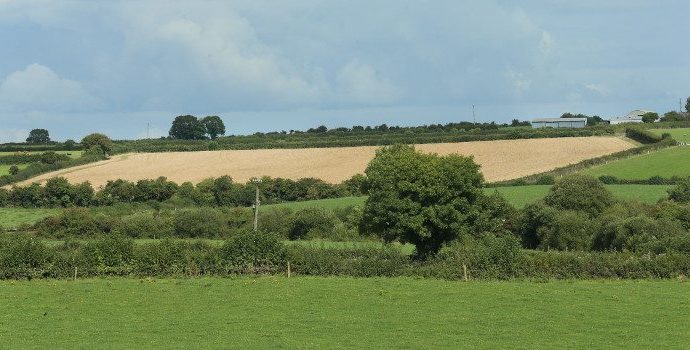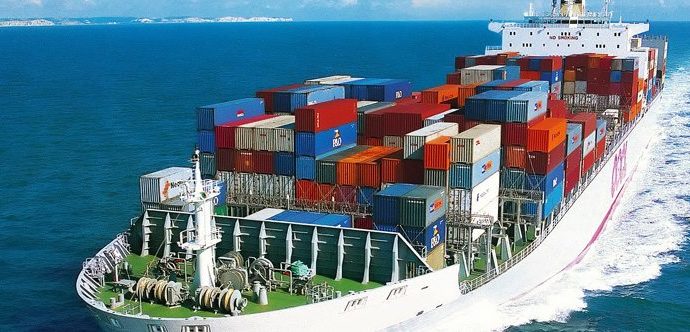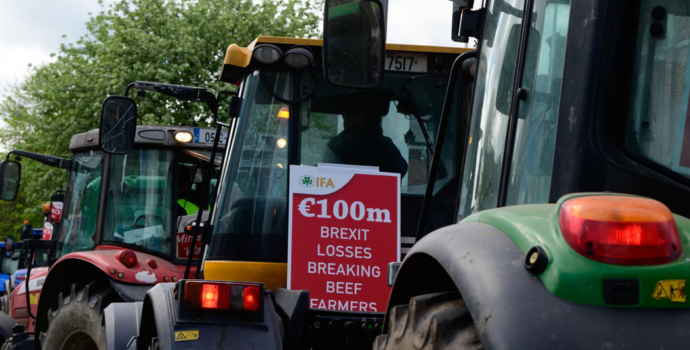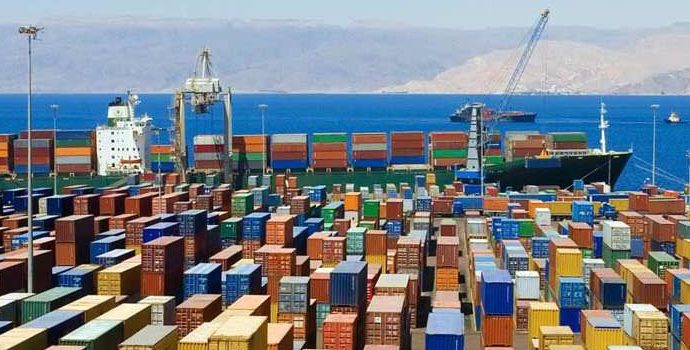Brexit Reports
Brexit Council Report May 2020
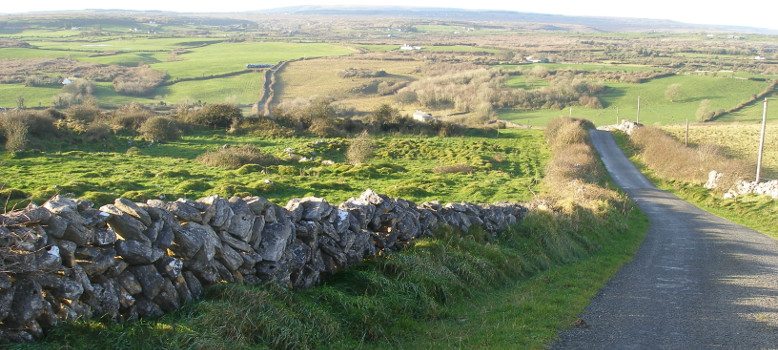
Background: UK exited EU on 31st January 2020 – in Transition until 31st December 2020
- UK remains in Single Market and Customs Union during Transition Period
- May seek TP extension before 1st July, but has declared it will not
- Irish farmers again face the threat of a disastrous ‘no-deal’ situation, if there is no TP extension and no Free Trade Agreement by end 2020 ie with tariffs on exports to GB and increased competition from third countries.
EU-UK Negotiations on Future Relationship
- Three rounds of negotiations held since March, most recent ended 15th May
- 11 working groups – including one on trade in goods (incl food and agriculture).
- Negotiations are going badly – little progress on key issues
- EU wants a comprehensive partnership agreement covering all areas – UK wants a series of stand-alone agreements on trade, fisheries and other areas
- EU wants a level playing field on standards in agri-food, state aid, environment, climate change, taxation, etc – UK rejects alignment with the EU
- Major differences also on other areas including fisheries
- Next round scheduled for w/c 1st June
- EU-UK High Level Conference in June to take stock of progress.
Other developments
- UK & US have opened trade talks
- Reports that UK will offer significant tariff cuts to the Americans despite opposition from some cabinet Ministers (Gove & Eustace)
- UK government rejected amendments to their Agriculture bill
- Would have required food imports to be produced to the same standards applying to British farmers (Conservative MP Neil Parish)
- UK published its Global Tariffs to apply from 2021, which assumes an EU FTA.
- It is based on the EU common external tariff and would mostly provide similar levels of protection but uses a 5-year average exchange rate of 83.6p (current rate 89.5p).
Northern Ireland Protocol (part of Withdrawal Agreement – to avoid a hard border in Ireland)
- Protocol requires EU Customs and SM rules to apply to all goods entering NI from GB unless they are determined not to be at risk of entering the SM.
- UK accepts need for some expanded infrastructure for SPS checks at NI ports on animals and agri-food and some new administrative process for customs
- UK will presume goods moving from GB to NI are for NI and will only charge tariffs if goods are destined for Ireland or if there is a “genuine and substantial risk of them ending up there”.
EU negotiating mandate (25th February 2020)
- Offers an FTA with no tariffs and no quotas
- Conditional on robust level playing field provisions and on the terms of a fisheries agreement by 1st July
- Agreement “should uphold common high standards, and corresponding high standards over time with Union standards as a reference point” in the areas of state aid, competition, employment, environment, climate change, relevant tax matters.
- Includes a specific reference to not reducing standards in relation to health and product sanitary quality in the agricultural and food sector[1].
- EU would have right to apply autonomous measures to react quickly to unfair competition.
IFA Position
- On 20th May, IFA President Tim Cullinan led a video conference meeting with Tanaiste Simon Coveney and Minister Helen McEntee and set out the following position
- IFA called for the EU to secure the closest possible future trading relationship that maintains the value of the UK marketfor Irish farmers and food exporters, which in turn will ensure the stability of the EU food market.
- Our objectives are:
- Tariff-free and quota-free access to the UK market
- A level playing field, based on the high standards demanded by consumers, whereby the UK maintains corresponding standards on food safety, animal health, environment, etc, and
- No return by the UK to a cheap food policy, so that their external tariffs and import quotas for sensitive products such as beef, butter and lamb do not undercut the EU.
- For GB trade to NI, IFA also requires close SPS and customs checks and controls on all live animals and agri-food products
- NI must not become a back-door into the EU for UK’s sub-standard cheap food imports
Brexit Support Measures required by Irish Farmers
- IFA has been campaigning for a BEAM II scheme to cover livestock farmers’ €160m losses from May to December 2019, andthe release of the €23m unspent BEAM I funding.
- IFA is pressing for Government and EU support measures, including:
- For 2020 up to 17th May, compensation of €111m for Brexit and COVID-19 related beef price losses
- Full compensation for any further losses during Transition arising from Brexit uncertainty, sterling volatility and COVID-19 impact
- A dedicated EU Brexit outcome fund of €1bn with flexibility to be scaled up as necessary to deal with all scenarios including the possibility of no deal, ie to include direct payments to farmers to fully compensate for the reduced value of the UK market in addition to market support measures, and longer-term structural and adjustment funding.
Bryan Barry
Association Secretary
[1] Annex to Council Decision 5870/20 authorising the opening of negotiations with the United Kingdom of Great Britain and Northern Ireland for a new partnership agreement; paragraph 103.

